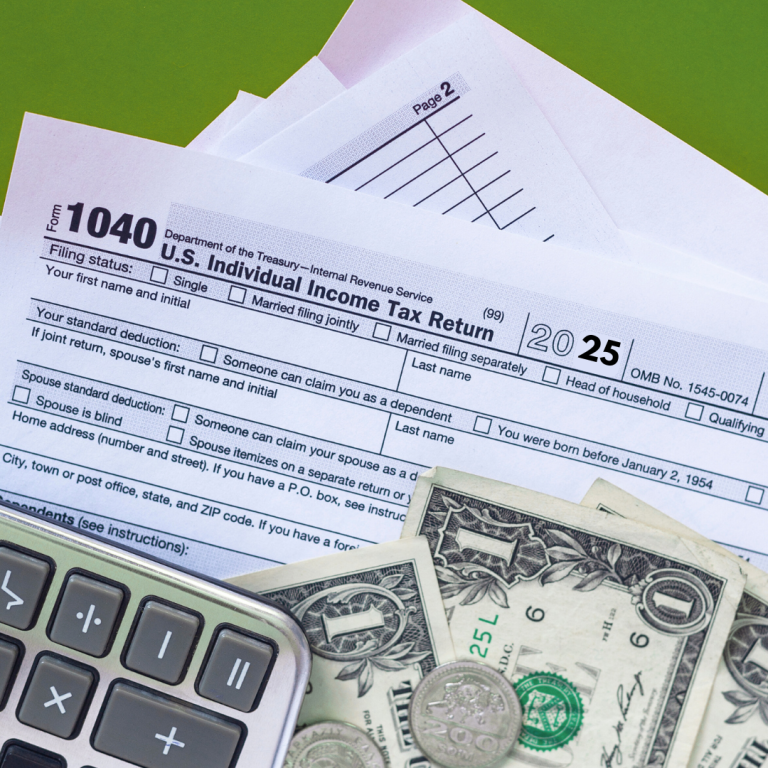
Financial Insights
News and resources for your financial life.

IRS Guidance on Qualified Overtime Deductions for 2025: Key Rules and Reporting Tips
Starting in 2025, the One Big Beautiful Bill Act introduced a new federal income tax deduction for qualified overtime pay. Eligible employees can deduct up to $12,500 (or $25,000 for joint filers) from their taxable income. This deduction phases out for taxpayers with modified adjusted gross income over $150,000 (or $300,000 for joint filers).
Virginia’s 2025 Tax Rebate and Legislative Updates
At Meadows Urquhart, we make it a priority to keep our clients informed about the latest updates in Virginia tax law, rebates, and legislative changes that may affect both individuals and businesses. Recently, our team attended the VSCPA Tax Committee meeting, where representatives from Virginia Tax shared updates on key initiatives, technology improvements, and new developments for the 2024 and 2025 tax years. Below is a detailed overview of what’s changing, what to expect, and how taxpayers can prepare.
The New Rules for Residential Construction Contracts: What’s Changed?
The passage of the 2025 Act (formerly referred to as the One Big Beautiful Bill) has brought significant changes to the tax treatment of residential construction contracts. These changes, effective for contracts entered into in tax years beginning after July 4, 2025, are designed to provide greater flexibility and potential tax deferral opportunities for contractors, especially those working on larger residential projects. Below, we outline the new rules.
Accelerating Charitable Donations for 2025 Year-End
Donating to charity in tax year 2025 could be advantageous for individual taxpayers because it is the last year before new HR1 limitations take effect.
New Tip and Overtime Deduction Provisions Under H.R.1
H.R.1 introduces two below-the-line tax deductions for qualified tips and for qualified overtime compensation.
While the new law does not eliminate payroll taxes on this income, there are income tax deductions available to taxpayers below certain income limitations. The new Act allows taxpayers to deduct up to $25,000 in qualified tips and $12,500 in qualified overtime on their personal tax return. These deductions will be effective for tax years 2025 through 2028.
H.R.1s Deduction for Auto Loan Interest
Effective for 2025 through 2028, a taxpayer may deduct up to $10,000 of “qualified interest” paid on a loan used to purchase a “qualified new vehicle.” This deduction is available for taxpayers who itemize or take a standard deduction. Full deduction is available for taxpayers with modified adjusted gross income (AGI) under $100,000 or $200,000 for joint filers. The deduction completely phases out for taxpayers with modified AGI over $149,000 or $249,000 for joint filers.

My Journey from Intern to Staff Accountant at Meadows Urquhart
The transition from intern to staff accountant was smooth, thanks to the supportive onboarding staff and reviewers. I was welcomed back into the same close-knit, family-like environment that made my internship experience so rewarding.

H.R.1 – Two Changes for Charitable Contributions Starting in 2026
Currently taxpayers need to itemize their deductions to benefit from charitable donations. For a brief period during COVID-19, a temporary charitable deduction was allowed for non-itemizers. Section 70424 of H.R.1 restores this deduction permanently and increases the deduction amounts.

